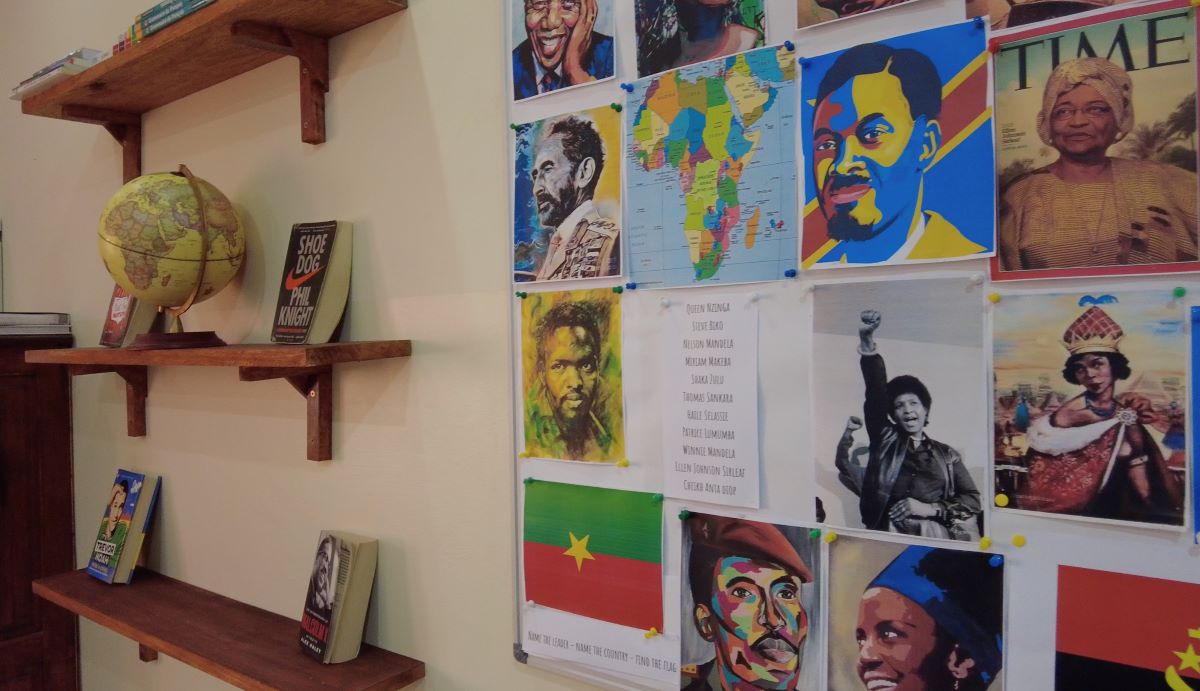SALY, Senegal – A large bubble surrounds two full sized basketball courts in the heart of this beach town just over 50 miles from the country’s capital in Dakar.
In the morning and in the evenings approximately 20 young men ages 15-19 years old, train on the courts which feature the National Basketball Association (NBA) logo. These are 20 of the most promising young basketball players on the continent of Africa.
While their days start and end with basketball, what happens in between is just as transformative.
Academics are taken seriously here. Students work on classes up to five hours each day. They bring culture and languages from countries throughout Africa.
Michael Abbott, Head of Educational Programming at the NBA Academy Africa, said that from 10:30 am to 1:30 pm, the young men focus on academics, break for lunch, then return to the classroom at 2:30 pm for another two hours of education before training on the basketball court again to end their day.
English proficiency is a key for players who hope to attend college in the United States and play in the NBA. Language training is provided through Apex Learning, an English-based online learning platform that is the basis for the education in the academy. This is the same learning platform that is used by many high schools in the United States.
Manuel Barreto Francisco Camboma, 18, of Angola is currently in three classes – English, math, and French – though his favorite class at the academy has been Spanish. “I’m trying to get the accent, ” he said with a smile.
While core courses like math, history, and English are prioritized, the educational staff aims to provide a quality education that focuses life after the academy.
The academy aims to equip each student with knowledge they may need if they choose to attend university or play professional basketball in the United States. Discussions around slavery in the United States context come up in U.S. history courses. Abbott said this conversation is particularly important, noting that having the chance to prepare academy players, most of whom are Black, for the racial contexts and dynamics they will experience in the United States is crucial.
Understanding cultural differences also is important for navigating life at the academy. Abbott describes that “race, identity, culture, nationality, all these things come in [to student learning] and it gets very challenging to navigate.”
“Over here, you have people that are from all around Africa, that speak three different languages,” said Adjaratou Nafissatou “Nafi” Mamour Niang, an IT specialist and tutor at the academy. She added that “being able to interact with each of them really makes it very special.”
Mamour Niang noted that one of the most important lessons instilled in students: “Life is not just all about basketball — yes it’s very important, but there are so many other things that you can be”
Abbott had a similar message.
“You’re not going to bounce a ball your whole life – there’s going to be a point where you can’t shoot anymore… but you always have the ability and capacity to think.”

